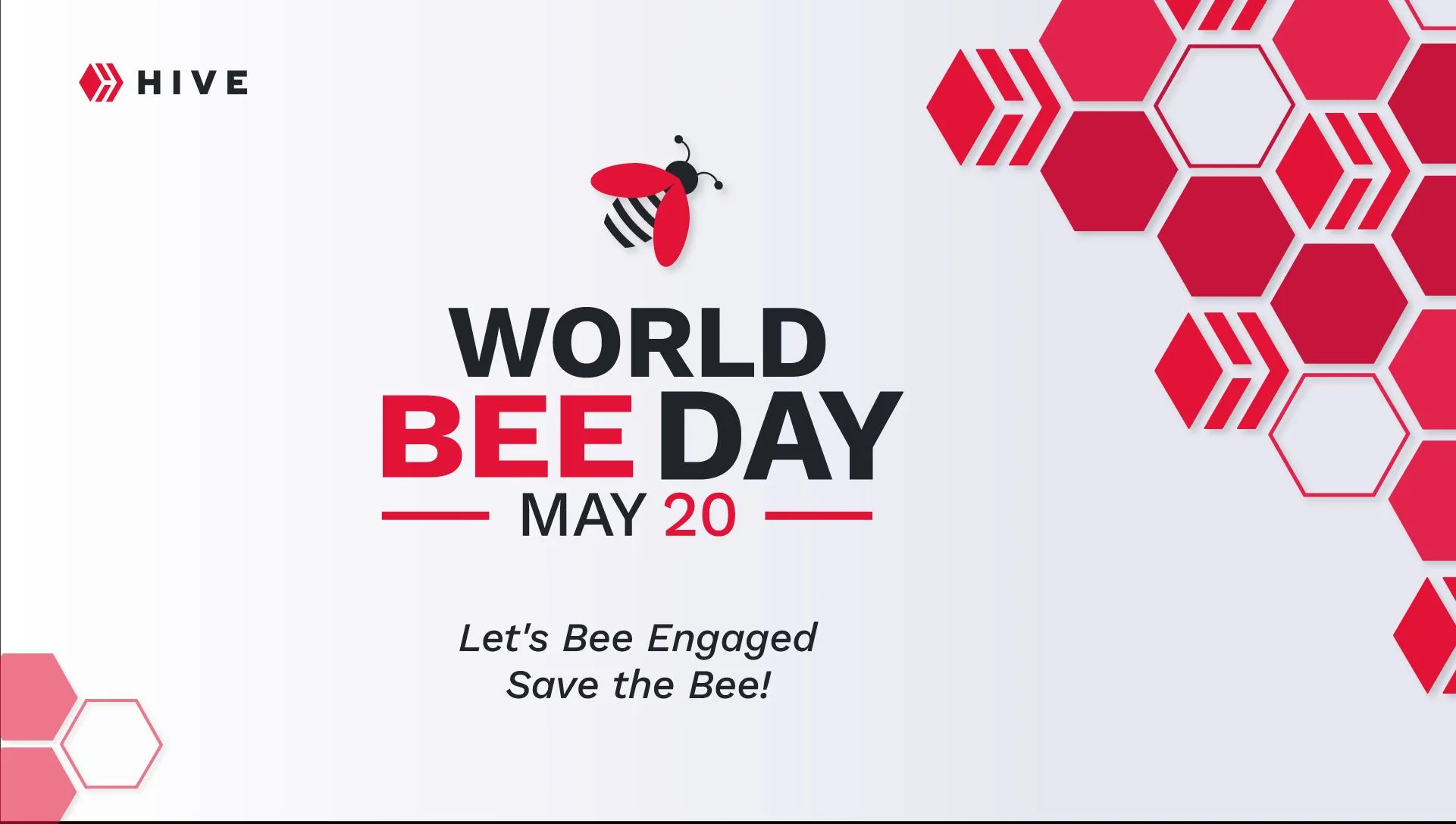
Bees are important insects that do not just produce honey but contribute actively to pollination thereby improving crop productivity. Nevertheless, several factors militate against them and cause a decline in their population and productivity.
Bees are one of the world’s most important pollinators for food crops — each day we rely on bees and other pollinators. In fact, out of every three bites we consume relies on pollination. -source
CHALLENGES MILITATING AGAINST BEE
Among the various factors that affect bees negatively, one of the major ones is the widespread use of pesticides. Farmers often apply pesticides during the day and it is at this period that bees actively forage. While pesticides and fungicides are useful in controlling harmful insects such as locusts, the chemical content also limits the survival and proliferation of useful insects like the bee.
Furthermore, modernization and extension of urban areas into pollinator-friendly regions has led to a direct loss of bee habitations. This causes a reduction in available floral resources. Consequently, the population of bees reduces drastically in such regions because not all bees can survive long-distance migration to other favourable regions.
Lastly, prevalent diseases, parasites and limited floral resources adversely impact the population and productivity of bees. For example, the varroa mite is a parasitic mite that transmits diseases to honeybees and weakens them. This leads to a reduction in activity and productivity of these honey-producers.
HOW CAN WE HELP THE BEE 🐝
These challenges can be curbed in several ways: Essentially, it is advisable for farmers to spray farmlands with pesticides either early or late in the day so the effects would have waned during the active foraging period of bees. Additionally, organic pesticides that are not dangerous to the health of bees can be used instead. Coupled with this, it is important for people to make deliberate efforts to plant flowers and limit the destruction of pollination-friendly regions. Steps should also be taken towards curbing the actions of harmful parasites and diseases on bees.
Happy #WorldBeeDay2022
Return from To Save The World Then We Must Save The Bee 🐝 to vickoly's Web3 Blog

